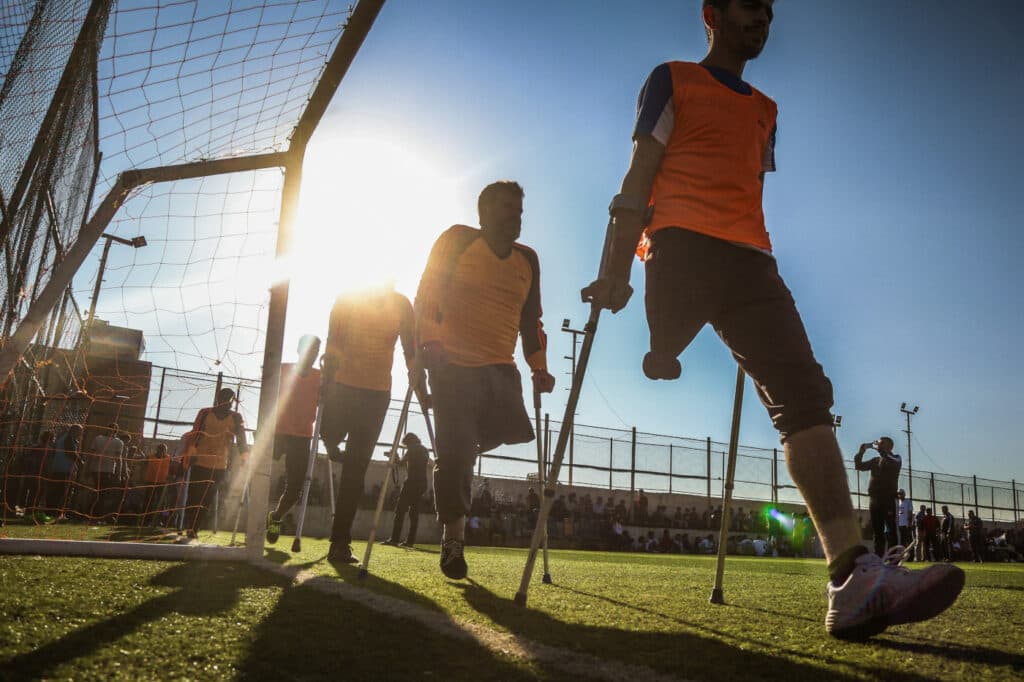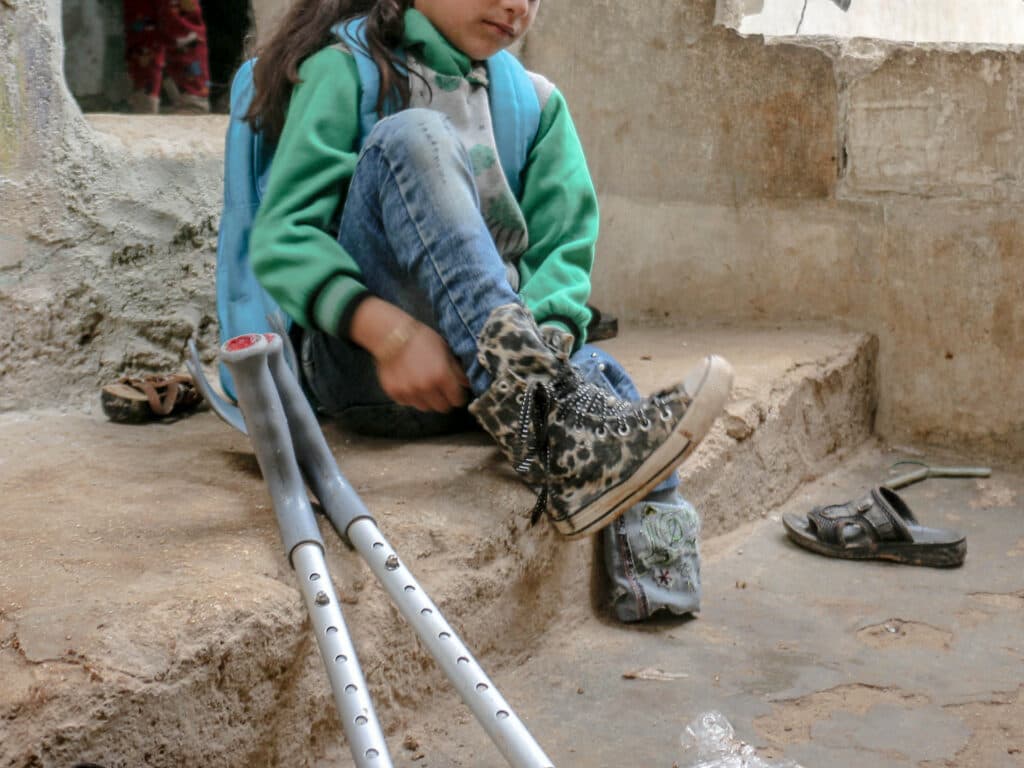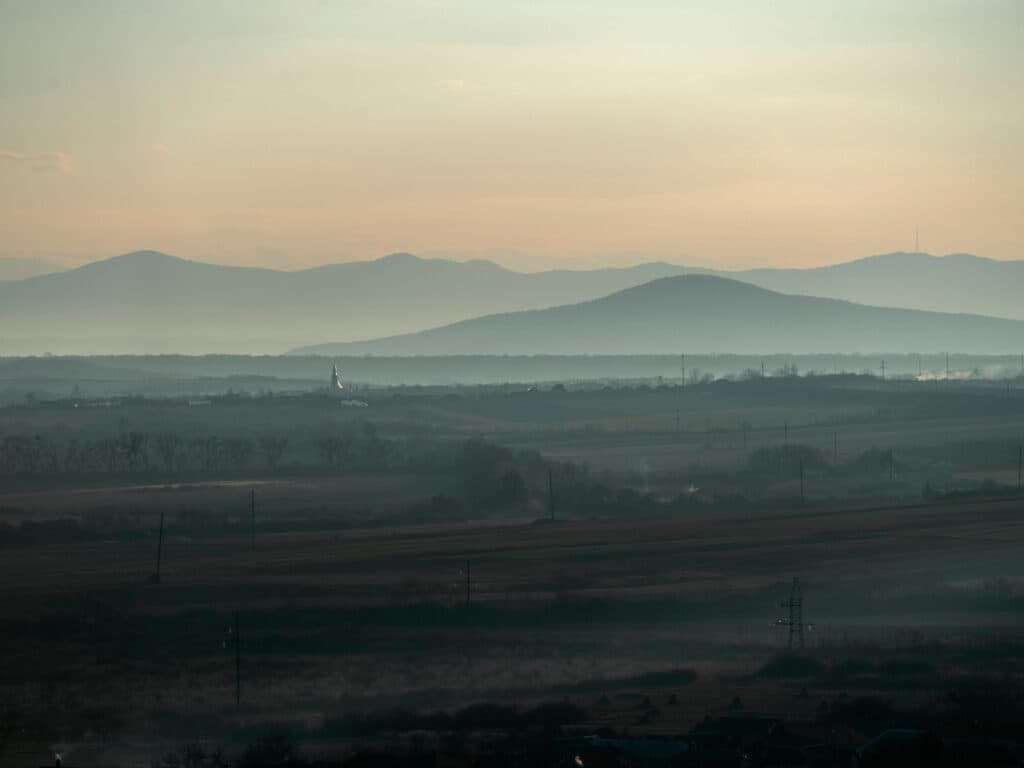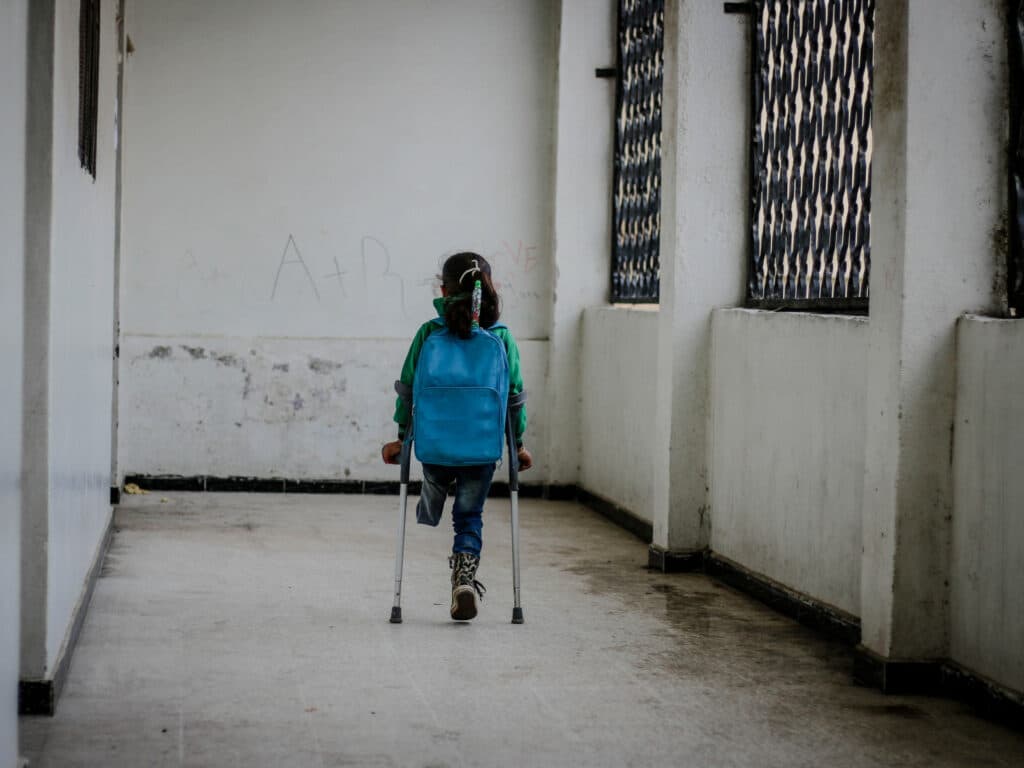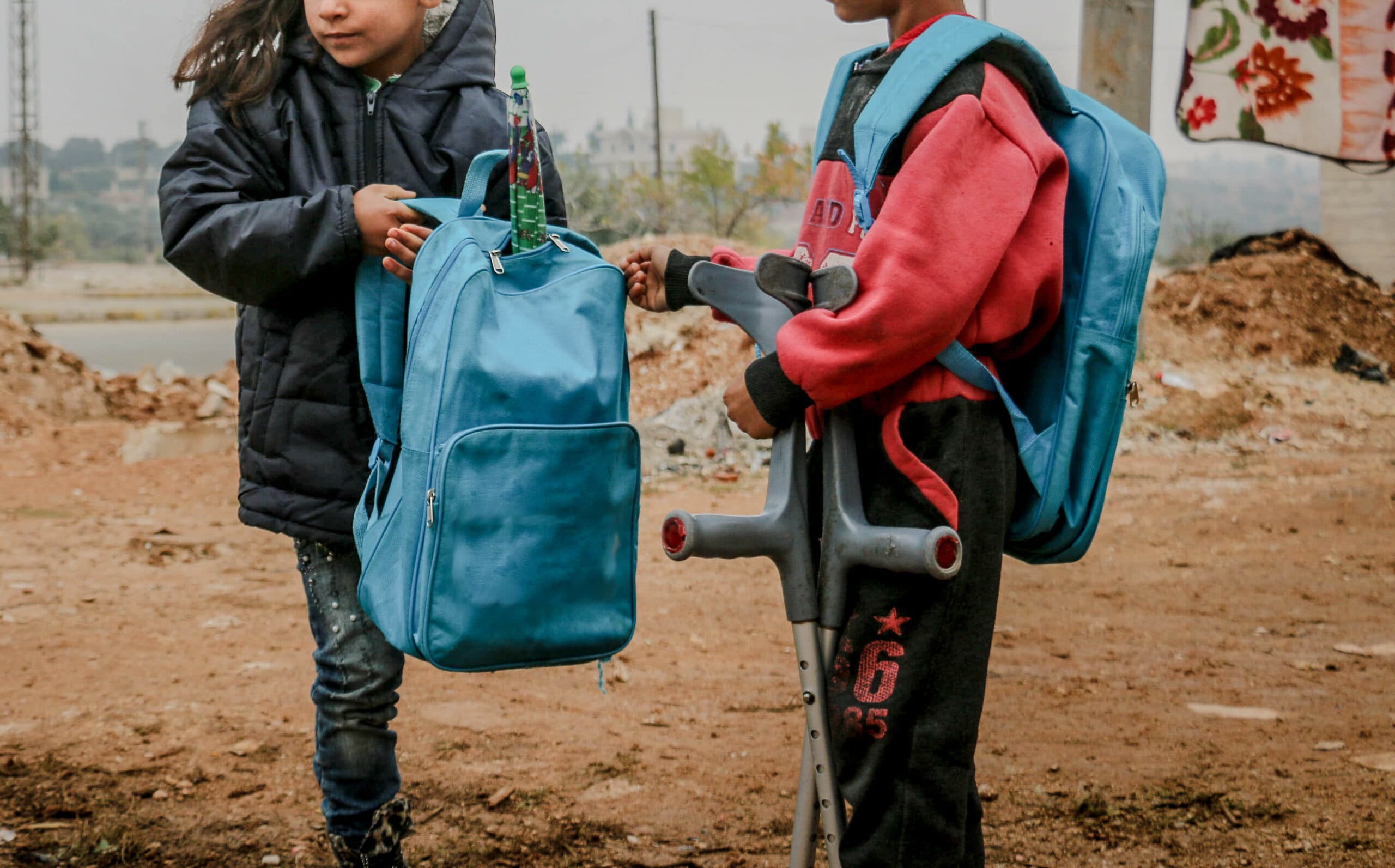
Bringing together persons with disabilities and militaries
3 May 2022In a series of consultations, we help to bring together persons with disabilities and military representatives to share ideas on strengthening inclusive military operations and planning.
Despite persons with disability representing at least 15% of the population, they are often forgotten when a conflict breaks out. Military planning and operations tend to overlook the barriers and risks that persons with disability face, resulting in persons with disabilities being denied the protections of IHL.
To address this gap, the Diakonia International Humanitarian Law Centre, together with the ICRC, the UN Special Rapporteur on the rights of persons with disabilities, and the International Disability Alliance, is organising a series of consultations. During the meetings in April and May, individuals from Central and South America, Africa, and the Middle East and North Africa will share their experiences.
Need to develop specific protections for persons with disabilities in conflict
The consultations are held to share knowledge and increase awareness of the disability dynamics of conflict and the barriers that persons with disabilities experience in accessing equal protection. The findings will inform the upcoming report of the UN Special Rapporteur on the conduct of hostilities and the rights and protection of persons with disabilities.
The consultations follow a 2021 report by the UN Special Rapporteur, Gerard Quinn, which stressed the need to develop specific protections for persons with disabilities at the strategic, tactical, and operational levels, as well as to revise standard operating procedures, rules of engagement.
At the Diakonia International Humanitarian Law Centre, we work with different actors to ensure international humanitarian law (IHL) is understood and applied in an inclusive way and that the rights of persons with disabilities are respected in times of armed conflict.
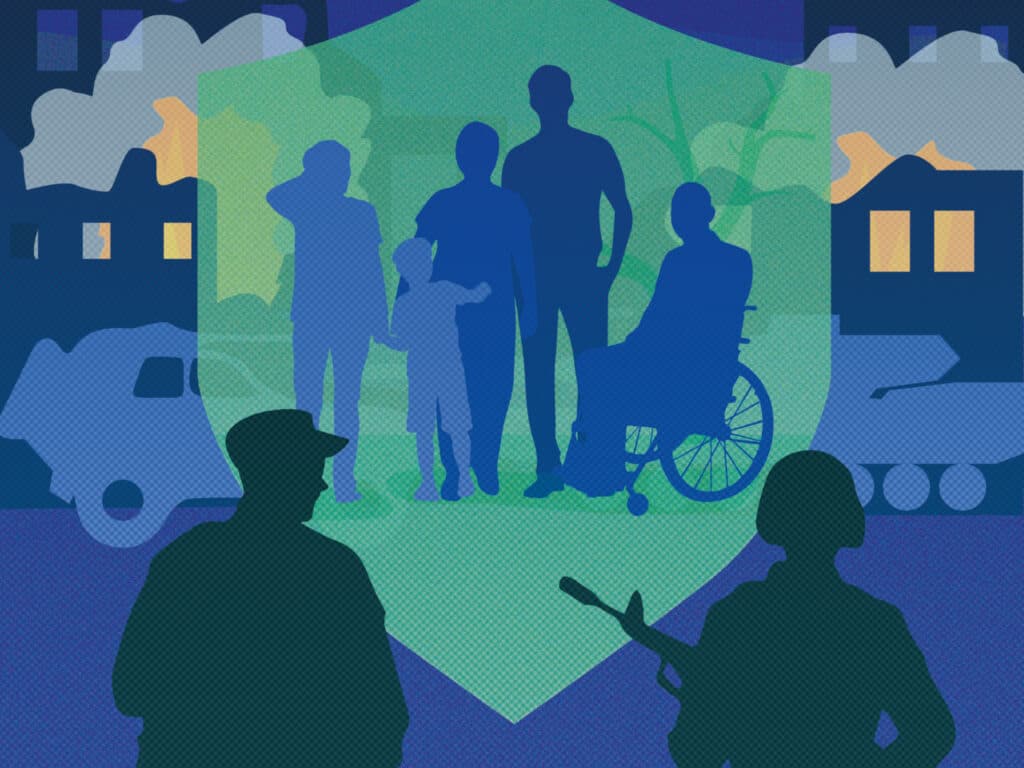
Our project
Leave no one behind
Militaries, humanitarian actors, and the international community should step up their efforts to protect persons with disability in armed conflict.
